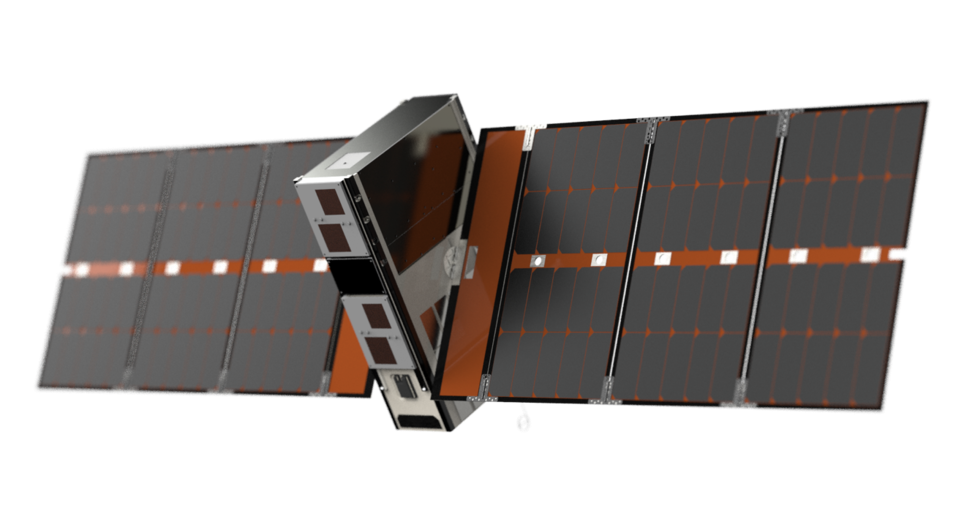
Image Credit: Fleet Space Technologies
Commencing in 2023, the missions are designed to find accessible water and other resources in support of NASA’s Artemis program to land the first woman and next man on the Moon by 2024 and create a sustainable human presence for later crewed Martian exploration.
Q-CTRL will develop these quantum technologies in coordination with Fleet Space Technologies, a nanosatellite startup and founder of the SEVEN SISTERS consortium. The consortium is composed of Australian firms and academic institutions developing advanced exploration technologies for Earth, the Moon and Mars. Q-CTRL will contribute new high-performance remote sensing payloads in upcoming lunar missions and beyond.
Key applications will include remote detection of liquid water and mineral deposits through quantum-based gravity detection and magnetic field sensors. Quantum-enhanced precision navigation and timing (PNT) will also be deployed to provide guidance for long-endurance missions with limited telemetry contact.
“This groundbreaking application of autonomous quantum sensors in space exploration will be invaluable in leveraging extraterrestrial resources to establish permanent human bases on the Moon, Mars and beyond,” said the Premier of South Australia Mr. Steven Marshall. “It demonstrates Australia’s growing global leadership in both the quantum and space industries, establishing a solid foundation for future economic growth.”
“Our focus on quantum control engineering is enabling new applications in quantum sensing that were previously impossible. Quantum control is enabling small form factors, enhanced robustness, and the necessary autonomy to meet the strict requirements of uncrewed space applications,” said Q-CTRL CEO Michael J. Biercuk. “Quantum-control-defined sensors give us the ability to provide valuable new geospatial intelligence services – whether on Earth or on celestial bodies.”
“We wish to welcome Q-CTRL to the exciting world of space exploration,” said Fleet Space CEO Flavia Tata Nardini. “They have the proven expertise to deliver advanced quantum technology solutions that will enable our missions to achieve goals that would otherwise have been unattainable.”
Q-CTRL plans to leverage its work with the space consortium to offer new commercial applications of geospatial intelligence for defense, finance, and climate change mitigation.